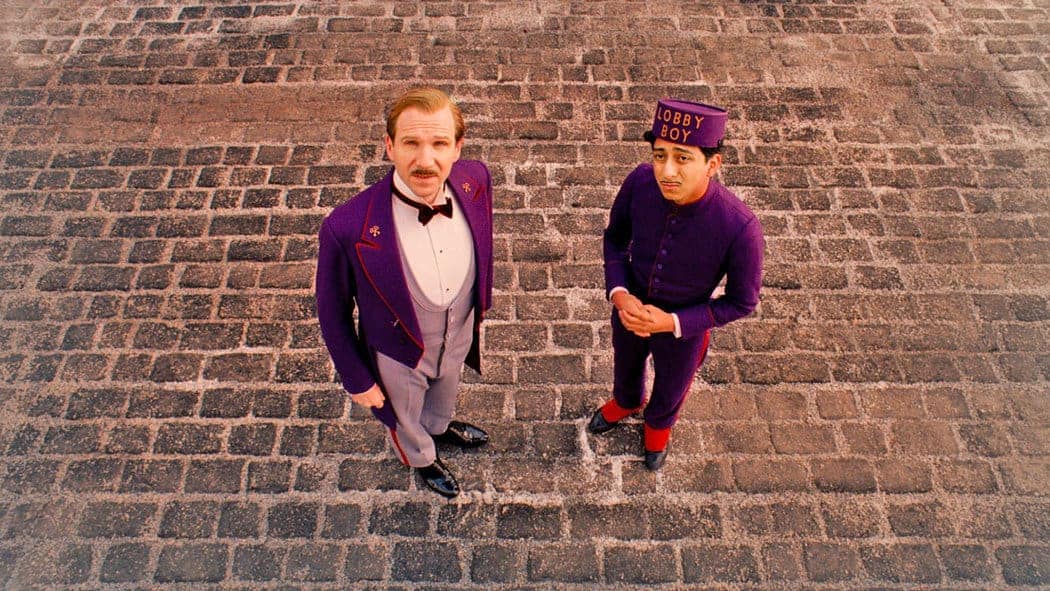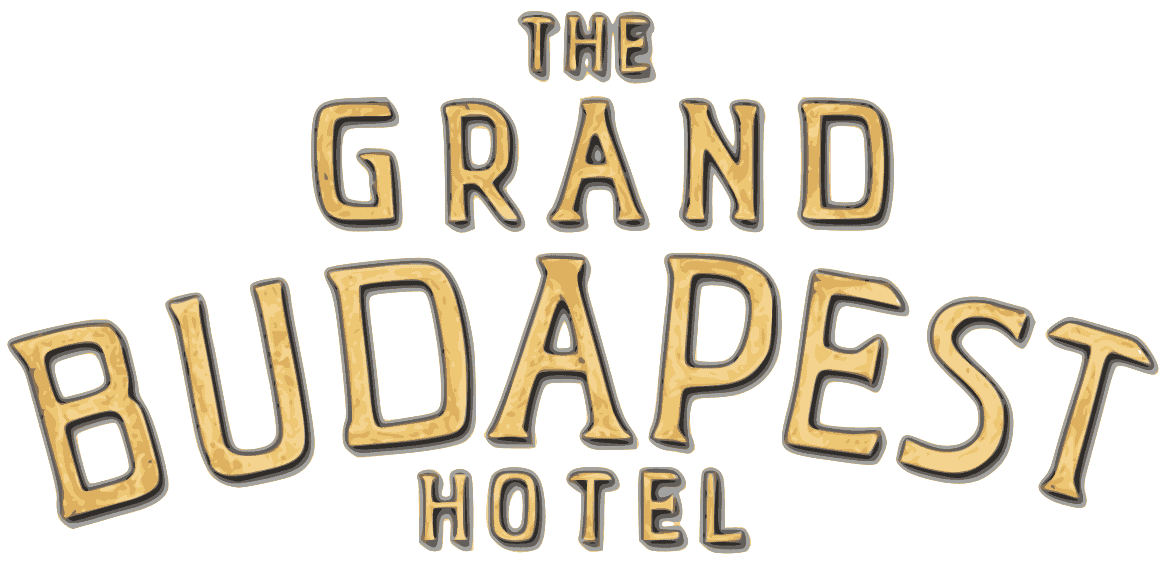A few of my friends were shocked to find out that I hadn’t watched any Wes Anderson films. I was told that his wacky eccentric style was exactly up my street. I’m not sure what to take from that, but nevertheless I finally got round to jumping into the quirky world of Wes and watched The Grand Budapest Hotel. So is the Wes Anderson vibe for me? Let’s find out.
Initial Thoughts
Straight away I was definitely seeing some Stanley Kubrick inspiration. Not only were the clear signs of reality being played with an indicator, but the type of shots he likes to use. The sliding shots between rooms and elongated takes had a definite Kubrick-esque feel and only added to the comedic world that Anderson was creating. I think looking at it this way definitely frames the rest of the film nicely. Much like Kubrick, Wes Anderson seems to be creating a world rather than just a story. It’s not necessarily the intricacies of the plot that lure you in, but the fascination with the environment you are viewing.
Key Features
Absurd comedy. Dark or unconventional comedy is a key feature for many cult directors. We’ve seen it with the Coen brothers and Quentin Tarantino. Granted, Anderson doesn’t go to the excruciatingly dark depths in Grand Budapest Hotel that the aforementioned directors do, however, this mix of ingredients has proven to be a great combination in the past.
In Anderson’s production the absurd comedy is delivered in a variety of ways, from zany character development to the pretty visually daft portrayal of action scenes (I’m thinking in particularly the ridiculously fast ski chase down a mountain towards the end of the film). From a filmic perspective, the recurring tool that’s utilised is those unexpectedly long takes which suddenly switch from a predictable turn of events, into something strange and often out of character from those in the scene.
The ‘take your hands off my lobby boy’ scene is one of the best examples of this. The scene quickly escalates from a rather light hearted trip in which Zero and Gustav are bonding on their adventure to a sinister fight with the police, darting quickly back to a light hearted chat once Ed Norton’s character arrives. The fast ups and down in scenes such as these are what makes Anderson’s style in this film so mesmerising as it serves the purpose of fleshing out his wonderful characters and ingrains his absurd comic style whilst still crucially holding the plot together towards something almost coherent.
Plot
I’m aware I’m dangerously close to going on about the plot too much and not doing much reviewing, however, in this instance I think it’s important to elaborate on the importance of the scene I previously mentioned. As the train pulls up to the station, we grab sight of uniformed officers, armed and waiting in the snow outside. The introduction of war into Grand Budapest all happens very quickly and is at total odds to the vibe of the first portion of the film. However, these few frames as the brilliant white snow contrasts with the dazzling purple uniforms of Zero and Gustav offers a very nice visual symbol of the film.
As they pull into the station, Anderson has crashed the wacky world of The Grand Budapest into the stark cold reality of war. This seems to be what drives the rest of the film onwards and makes it so compelling. The quirkiness established early on comes face to face with reality and as the film develops this offers up many more fascinating scenes. By taking the overly fictitious hotel and clashing it with the horribly real event of war, we are seeing two totally different worlds collide to create something pretty magical.

Mentions of war in a film are usually the driving force behind the plot, however, here it is a side note that we are aware of but aren’t overwhelmed by. The fact that we are still aware of it means the craziness that goes on in the main plot feels even crazier when contrasted with the war. Without delving into expansive literary analysis straight from the Guardian, paralleling a crazy world event alongside the antics of the main characters heightens the madness of the plot whilst making a rather more profound comment about the ridiculousness of war.
The Actual Bit Of Review In The Review
So is the Wes Anderson vibe the vibe for me? I asked at the beginning of the blog and the answer is a huge categorical yes! It turns out my film savvy friends actually do know me quite well and it’s not that they just think I’m a lunatic (although I’m not sure these things have to be mutually exclusive). Anderson creates more than just stories and plot, he is creating a world that sucks you in. Even though Grand Budapest Hotel is a visually engaging film, it’s not this that brings his world to life, it’s the intrigue that surrounds his characters. They don’t fit normal moulds and this is what makes you want to know more about them and see just how their quirks are going to play out.
This is a fantastic film that presents you with something you don’t expect at every corner whilst consistently keeping you engrossed. So yes, when it comes to the Wes Anderson world, I’m ready for some more.
